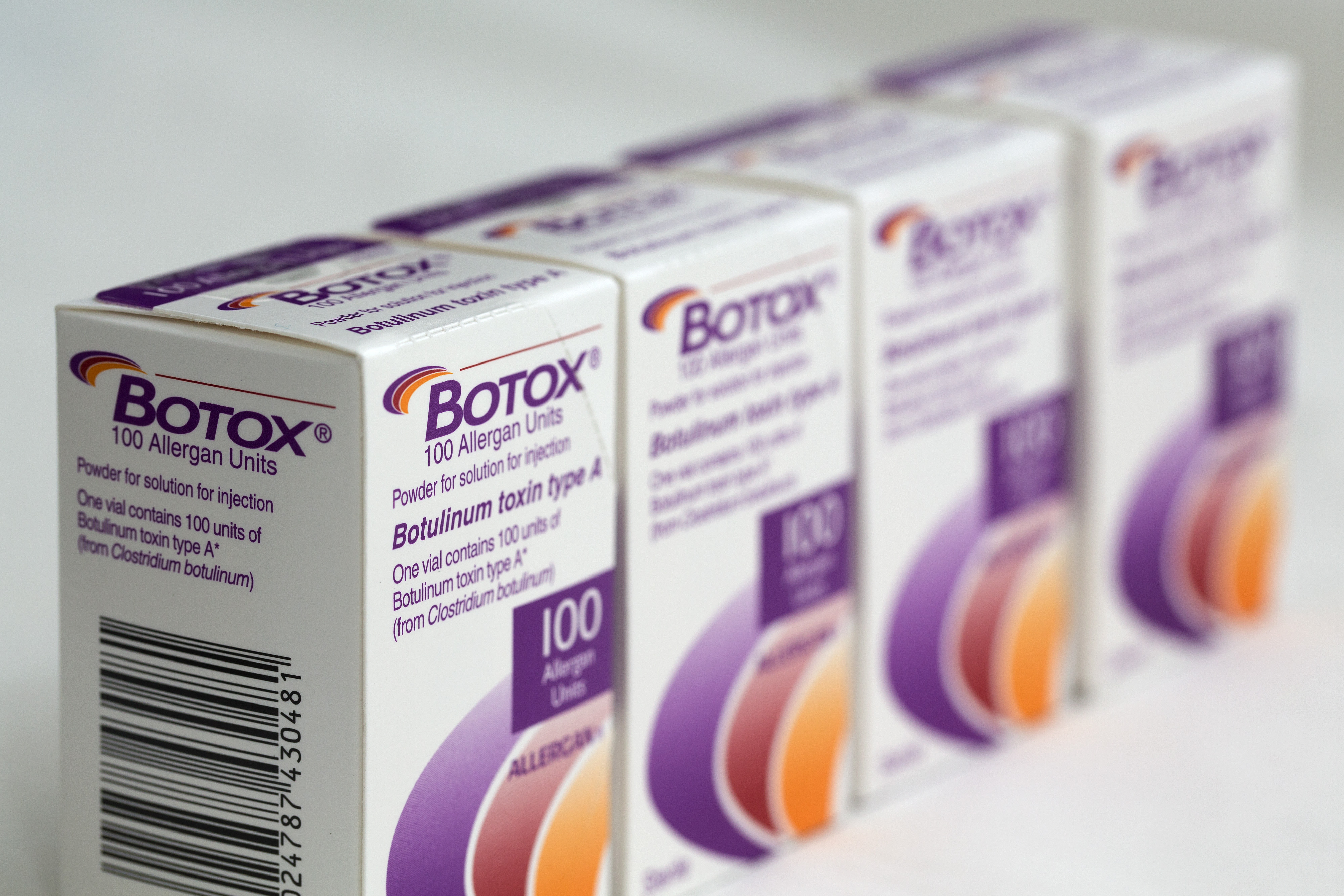On Sunday, the U.S. Food and Drug Administration authorized what's called "emergency use" of convalescent plasma to great COVID-19 patients under its special powers to speed the availability of promising experimental drugs during a public health crisis. The action isn't the same as approving plasma as safe and effective, and numerous rigorous studies are underway to find out if it really works.
"It does seem to work for some patients. It does not work instantaneously, the effect seems to occur usually around day 3, 5 of day 6," said Dr. John Burk, a pulmonologist at Texas Health Fort Worth and the first physician in Tarrant County to use the treatment on a patient. "Remember too, that it's not a single transfusion, most of the time we give two units a day apart, so there is a benefit seen in many if not most patients but it does take a few days to see that benefit."
Convalescent plasma is a century-old treatment that was used to fight off flu and measles outbreaks in the days before vaccines and was tried more recently during the Ebola outbreak. When the body encounters a new germ, it makes proteins called antibodies that are specially targeted to fight the infection. The antibodies float in plasma -- the yellowish, liquid part of blood -- which is collected from COVID-19 survivors and given to patients infected with the coronavirus.
The World Health Organization on Monday cautioned that using blood plasma from COVID-19 survivors to treat other patients is still considered an experimental therapy, voicing the concern as a U.S. boost for the treatment has many scientists afraid formal studies will be derailed.
WHO's chief scientist Dr. Soumya Swaminathan said the WHO considered plasma therapy to be experimental and that it should continue to be evaluated. She said the treatment is difficult to standardize: Plasma must be collected individually, and people produce different levels of antibodies.
"Of course, countries can do an emergency listing if they feel the benefits outweigh the risks," she said. "But that's usually done when you're waiting for the more definitive evidence."
In a letter describing the FDA's emergency action, the agency's chief scientist said the treatment "should not be considered a new standard of care" for coronavirus infections, and that more data from studies will be available in the coming months.
Health Connection
Get connected to a healthier life.
"It can be used earlier in the course of the disease, and it doesn't require as much bookkeeping as the previous use did," said Burk.
But already, so many COVID-19 patients have requested plasma rather than agreeing to be part of a research study that many scientists fear they won't get a clear answer on whether the treatment really works -- and if it does, how and when it should be used for the best outcomes.
"Perhaps the most important thing to realize is that it will now be available to more patients, certainly earlier in the course of disease," said Burk.
Burk says the supply can't keep up with the demand and calls on COVID-19 patients to donate plasma.
"We really need for those who have had COVID-19 infection to step up and be donors, so that there is a supply of convalescent plasma. This is a gift that individuals who had the infection give to whose who are then sick with the infection. And it can be life-saving, it can be life-transforming. I hope that patients will give and give again and give again, it makes a difference in the patients who have infection. It does seem to improve their outcome and to hasten their recovery, but that's not proven yet, that's what we've observed."




